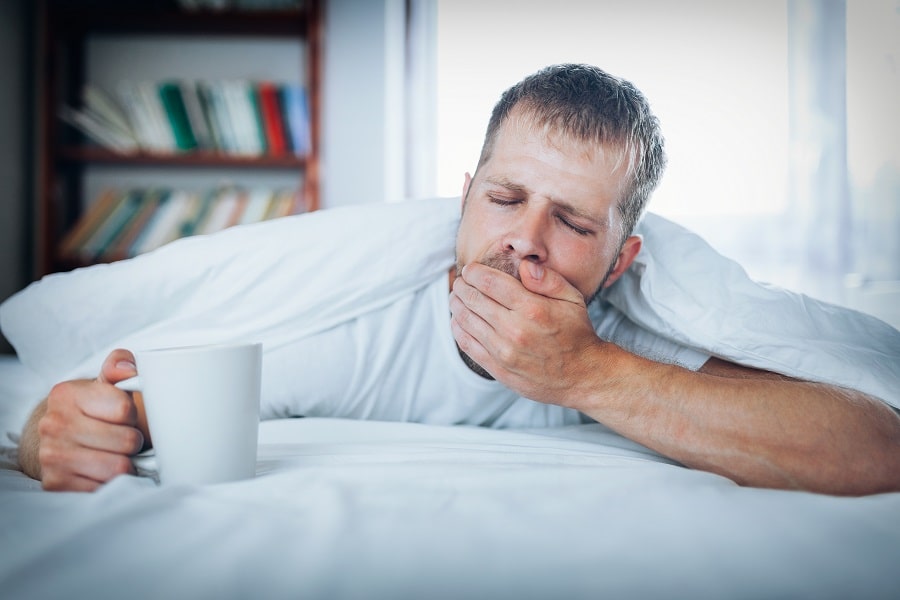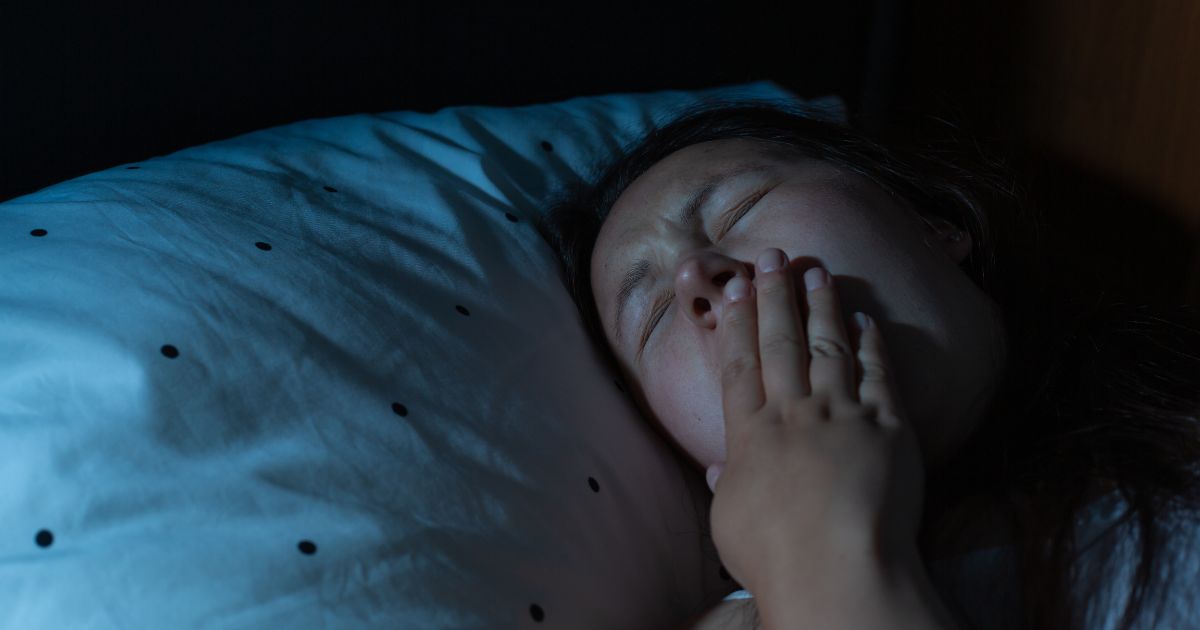Sleep inertia refers to a period of impairment after waking, marked by intense grogginess. If you regularly awaken from sleep, only to have the unshakable urge to fall back asleep, it’s entirely possible you could be suffering from sleep inertia. This can pose an inconvenience to some and even danger to others—particularly for workers who are on-call, such as surgeons and other healthcare providers, or for workers who are required to perform safety-critical tasks soon after waking, such as emergency first responders or military personnel. Below we’ll examine the symptoms of sleep inertia as well as outline potential causes and available treatment options.
Sleep Inertia Symptoms
Individuals suffering from sleep inertia suffer from intense feelings of grogginess immediately after waking. These feelings can persist for a few minutes or even an hour after waking. You may feel an irresistible urge to go back to sleep—even after getting up. Regardless of your occupation, this grogginess can make it difficult to function at your best and perform complex activities. For example, safely driving a car or making an important decision can be difficult in the morning.
Causes of Sleep Inertia
While more research is still needed to understand the cause of sleep inertia, one current theory suggests that a build-up of adenosine in the brain during non-REM sleep is responsible. Adenosine is an inhibitory neurotransmitter responsible for depressing the central nervous system while we sleep. It’s also possible that sleep inertia is exacerbated by insufficient sleep.
Effective Treatment
In order to treat sleep inertia, it’s essential to make sure you are getting sufficient sleep each evening. Adults typically need 7-9 hours of sleep each evening to wake feeling rested. You should also make sure to address any existing sleep disorders—such as sleep apnea—with your doctor, as this will go a long way to improving sleep quality and reducing symptoms.
Studies also suggest that keeping naps to less than 30 minutes can help you to avoid waking from a deep sleep, helping to minimize the effects of sleep inertia. There are also countermeasures that can help reduce effects of the condition, such as caffeine, exposure to sunlight, and temperature control—however, it’s essential to discuss the potential effectiveness of these approaches with your physician.
Diagnosing and Treating Sleep Inertia in Jacksonville, FL
Diagnosing and addressing a sleep disorder with your physician can go a long way to improving your quality of life. At the Jacksonville Sleep Center, we specialize in helping patients in Jacksonville, FL, get the great sleep they need! We offer the latest options for sleep disorder diagnosis, assessment, and treatment. If you are experiencing the symptoms of sleep inertia, our physicians and team of specialists would love to see how we can help. Contact us today to learn more and set up an appointment!






